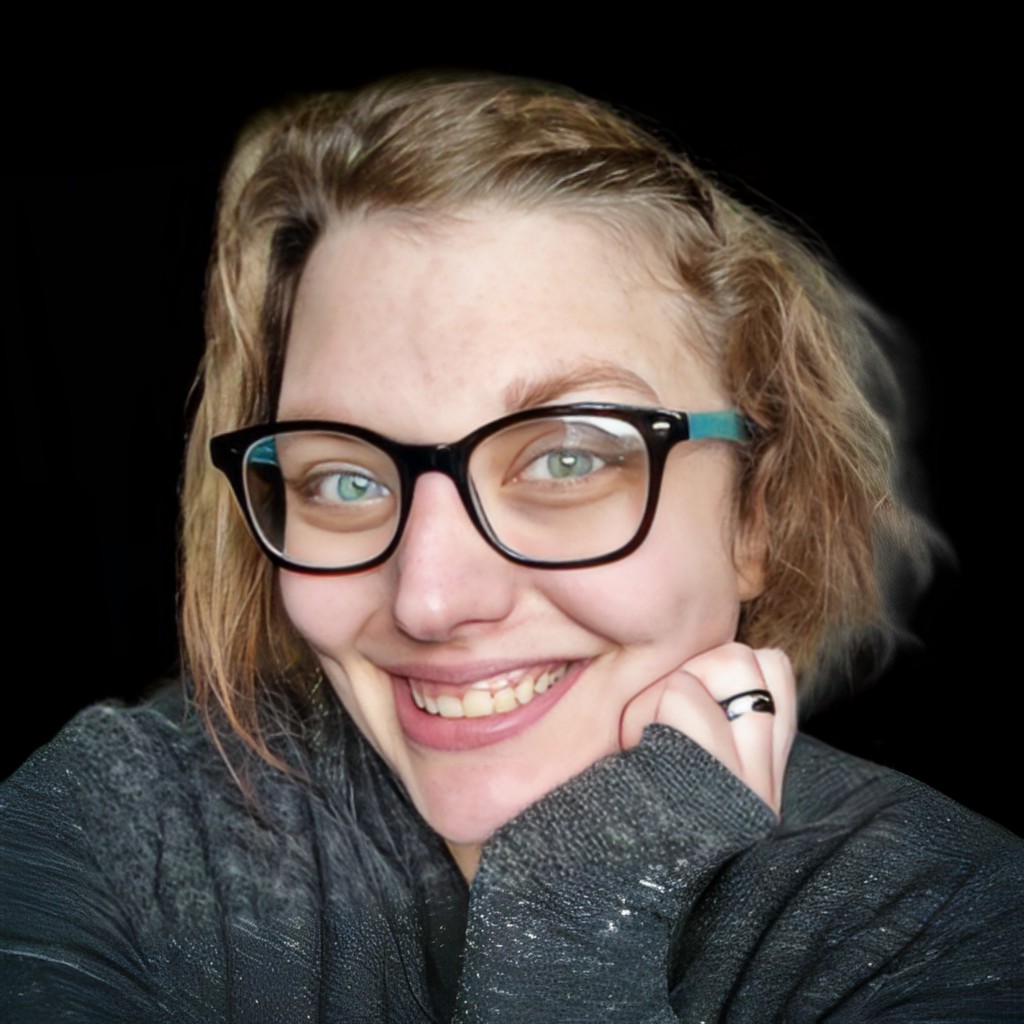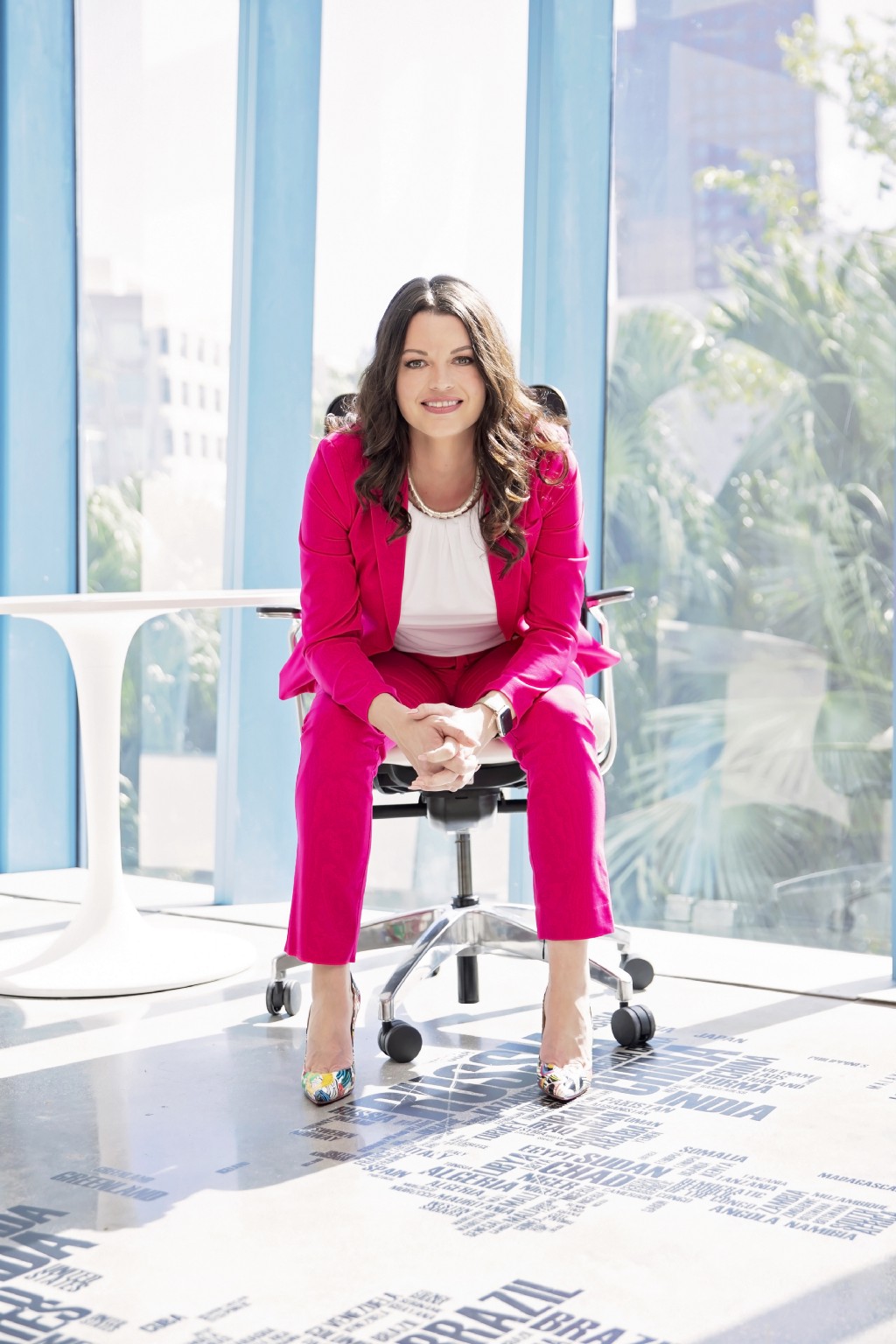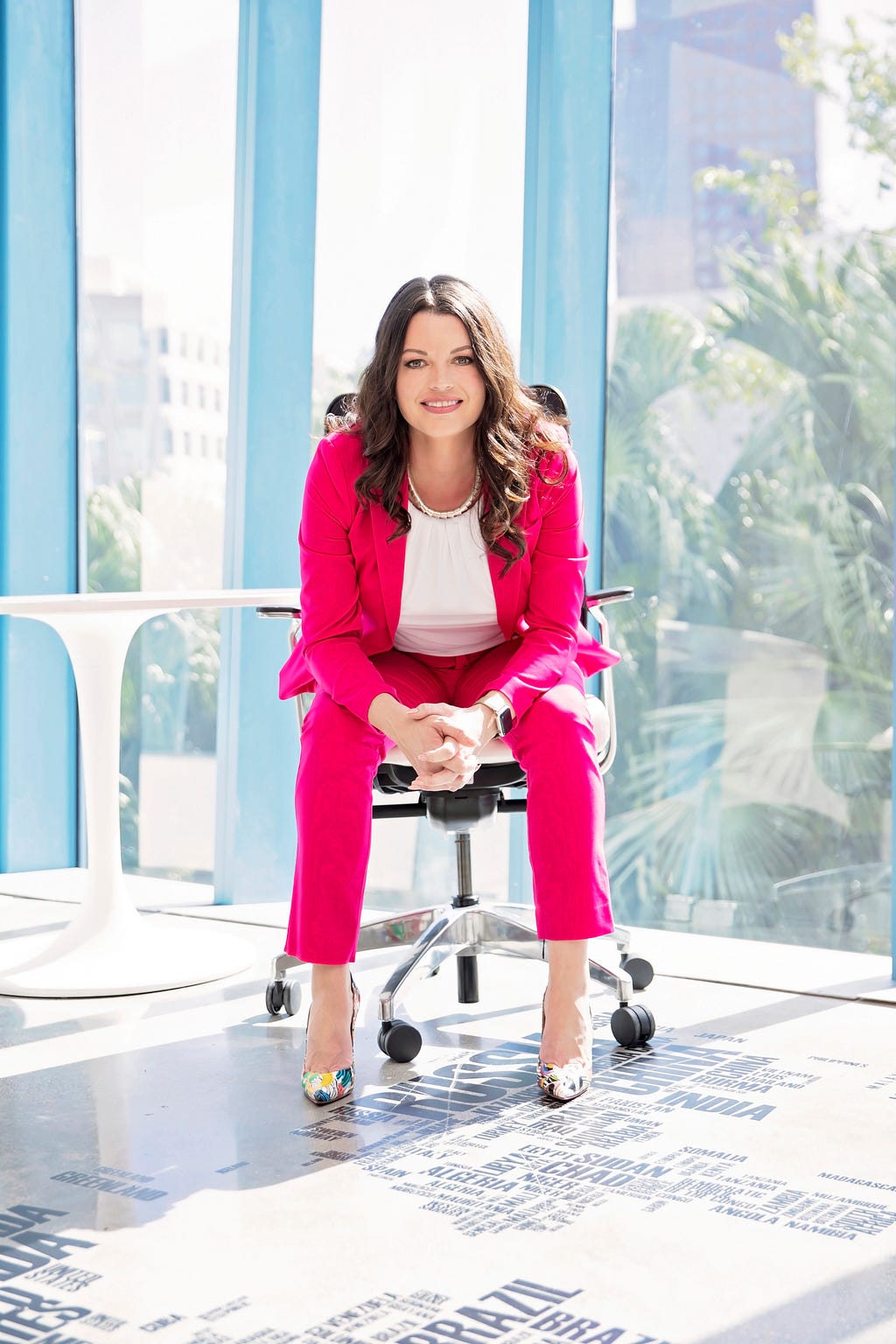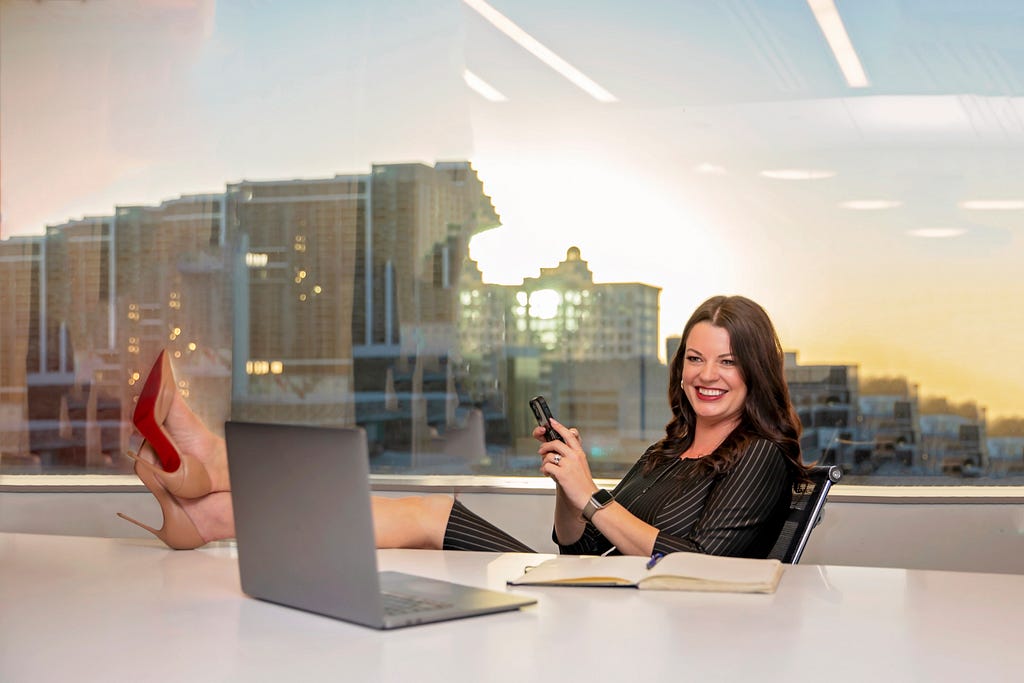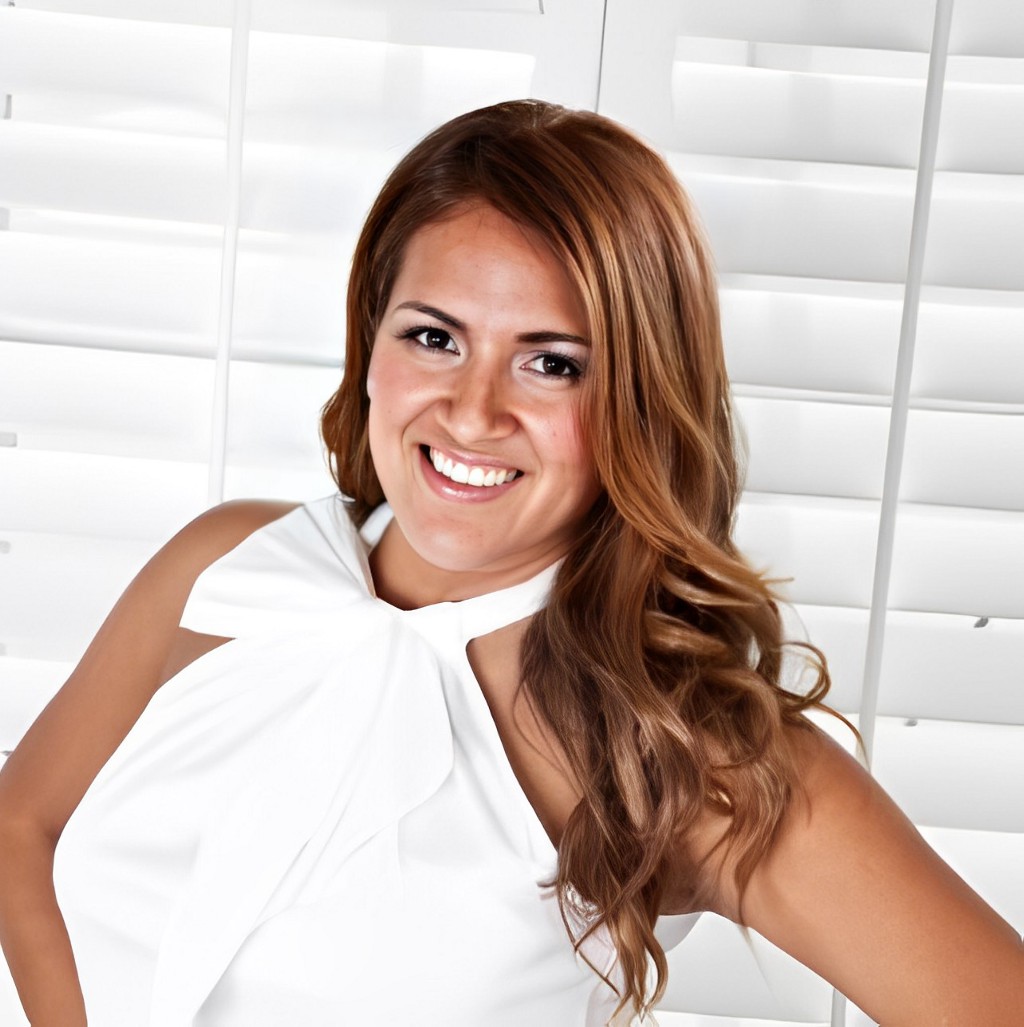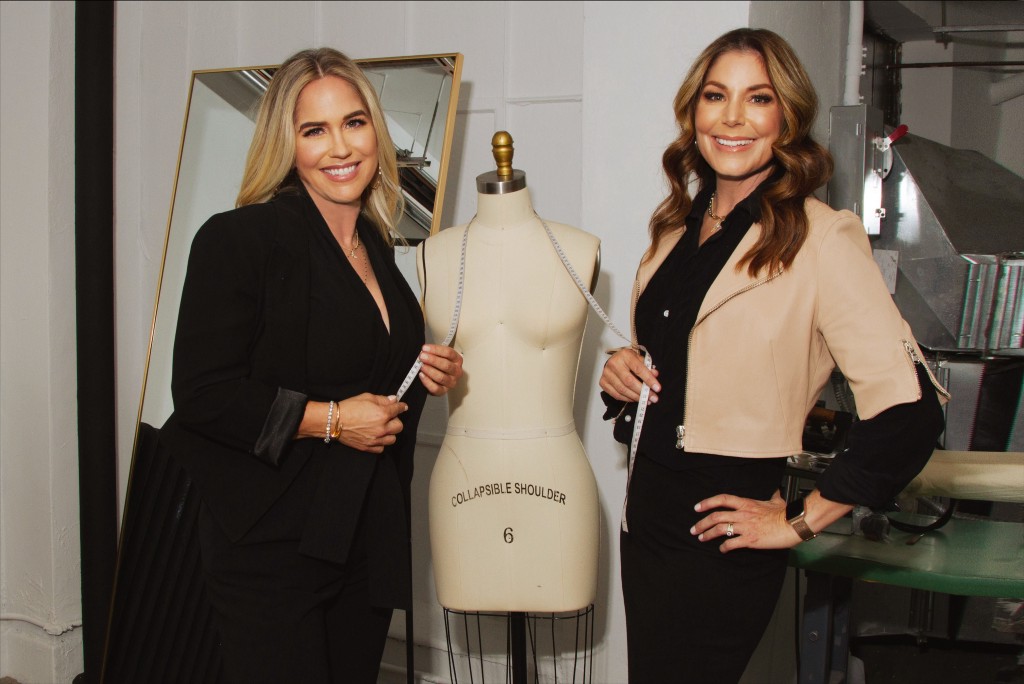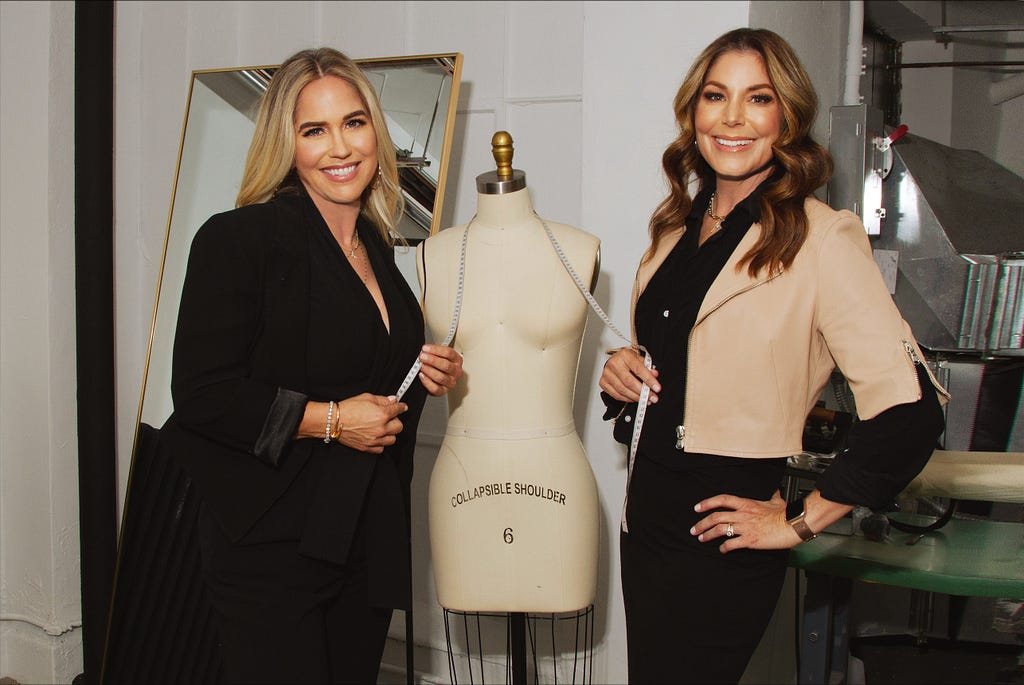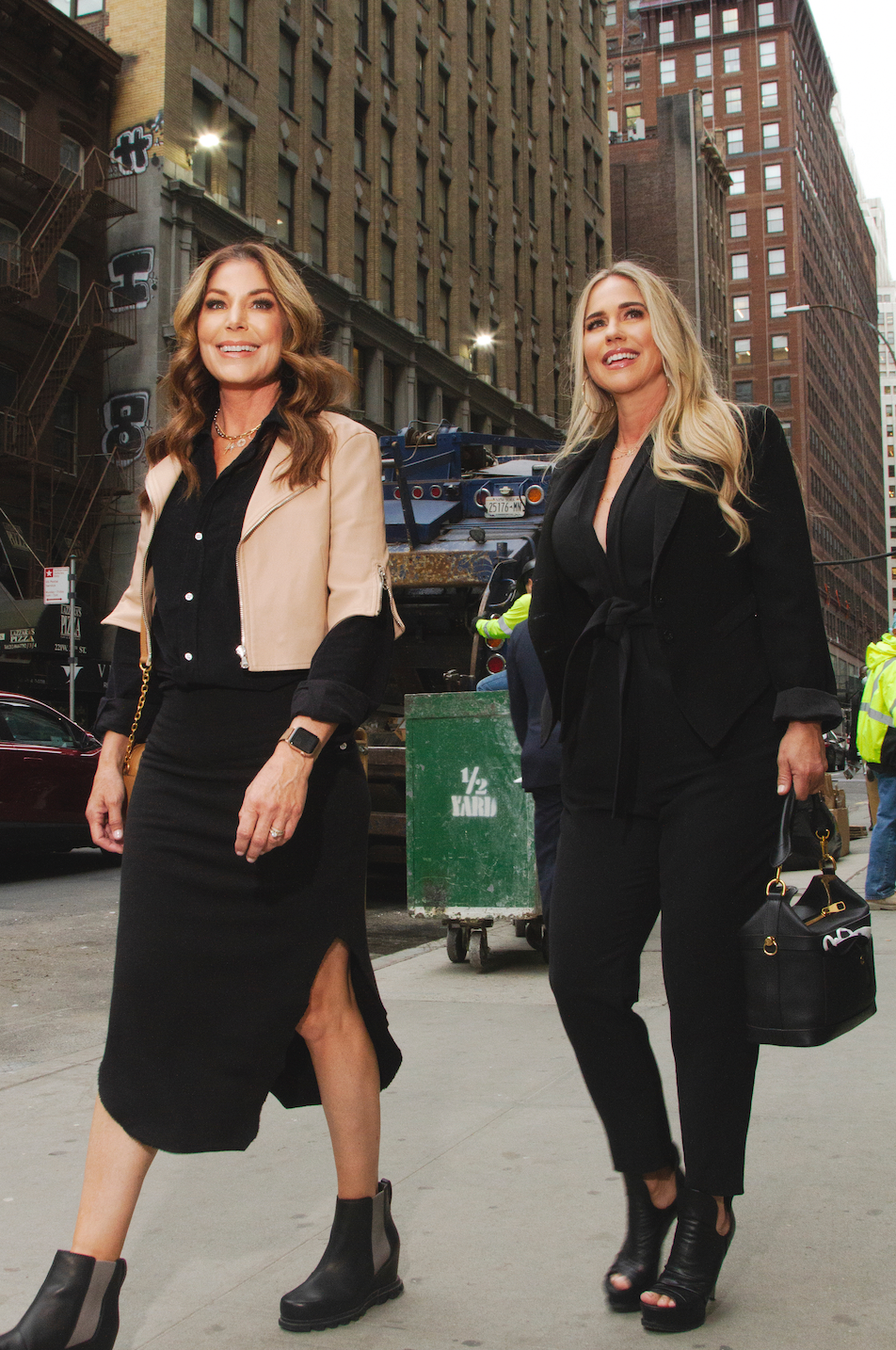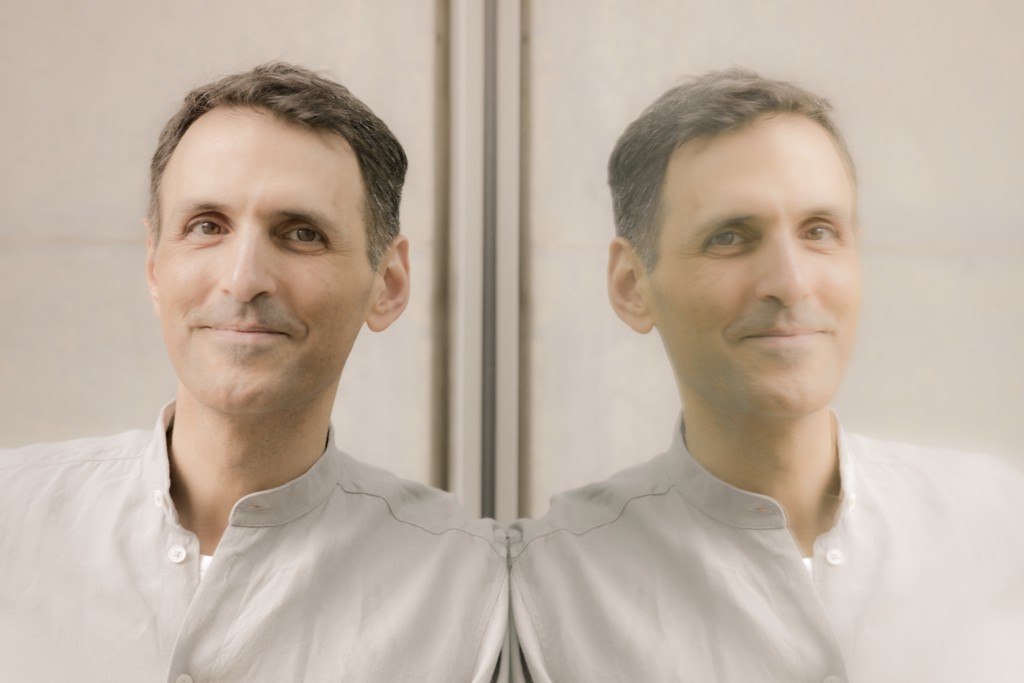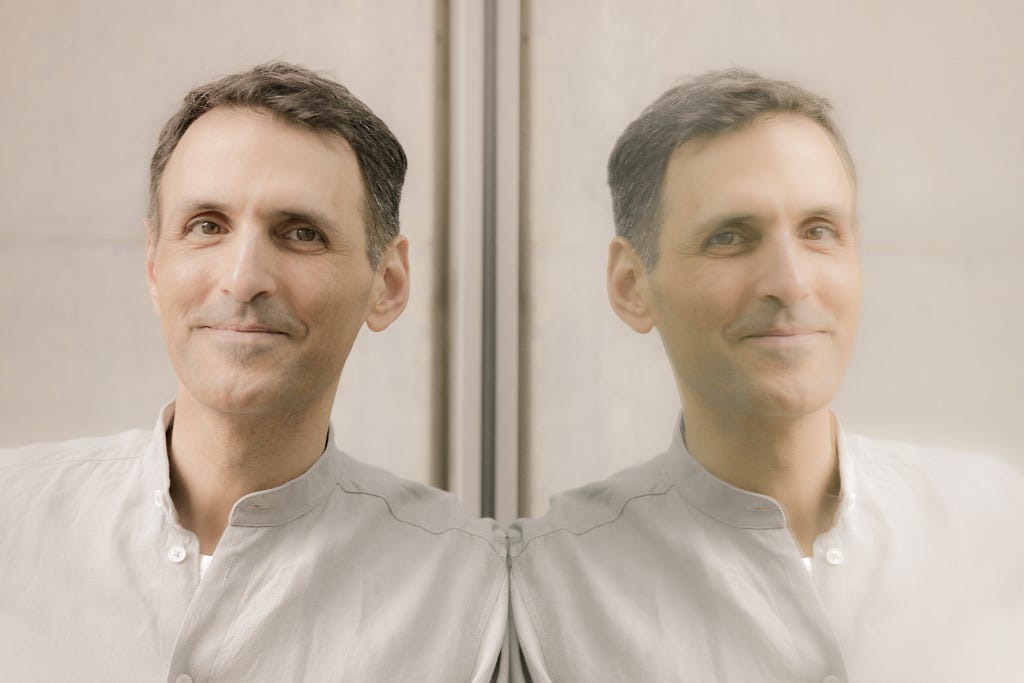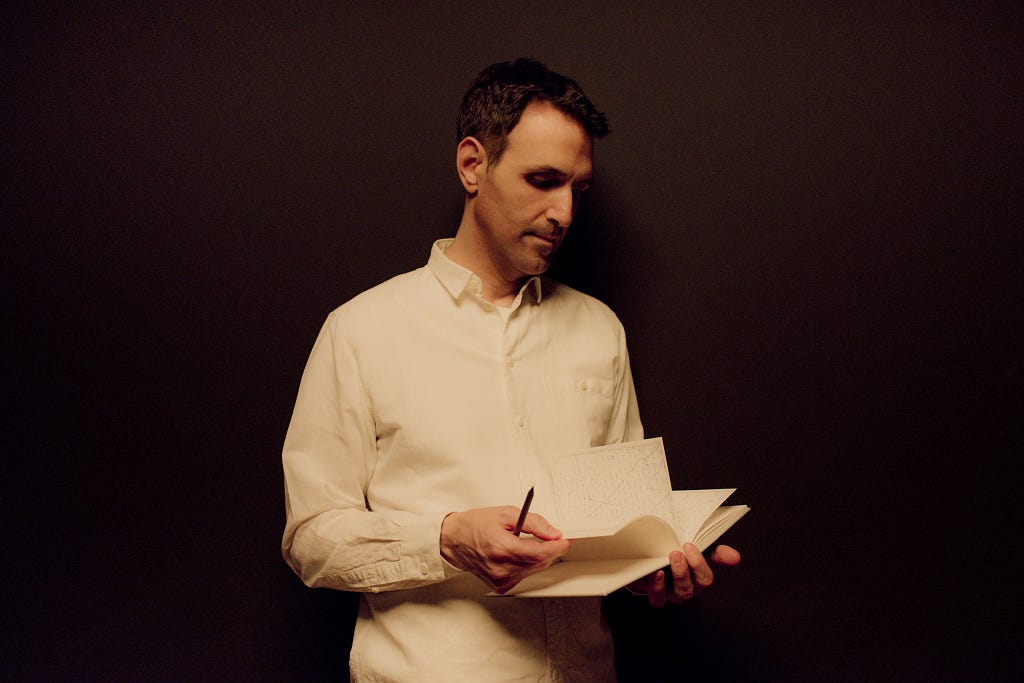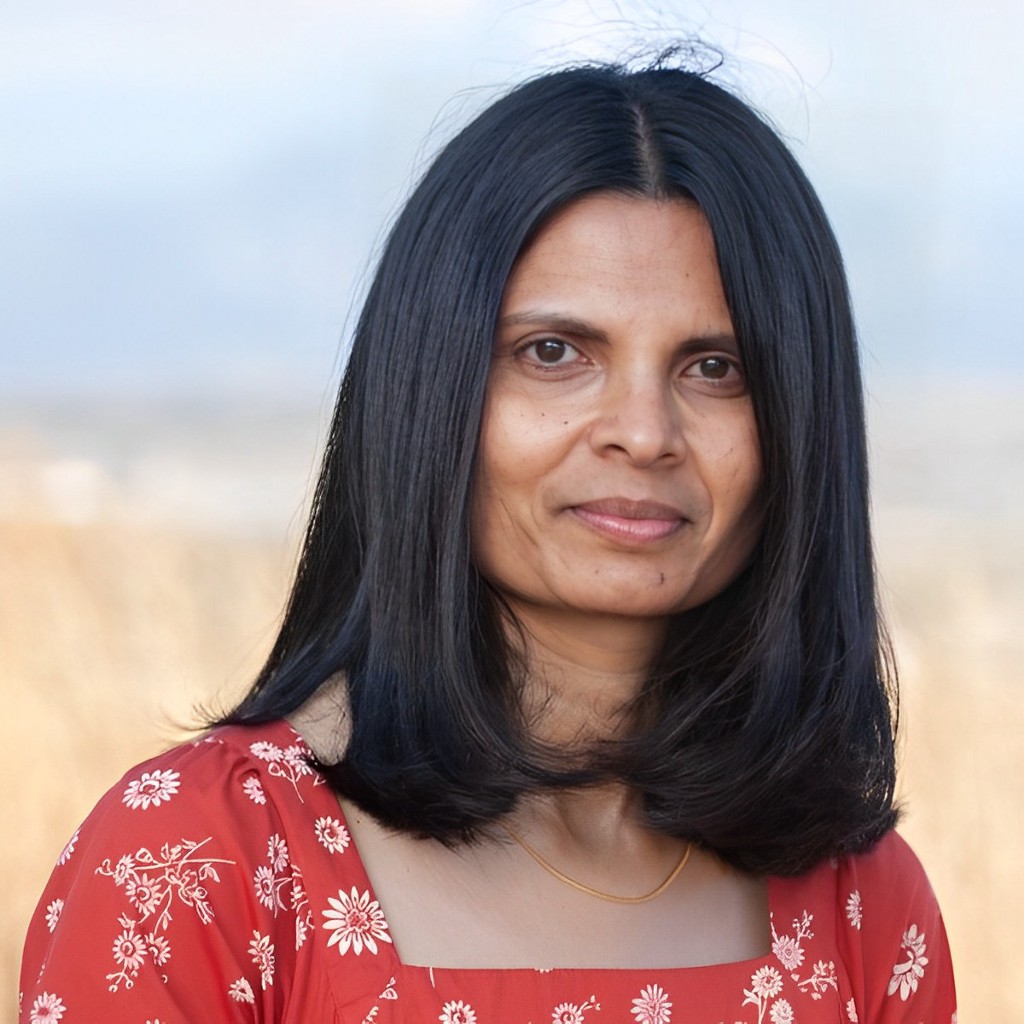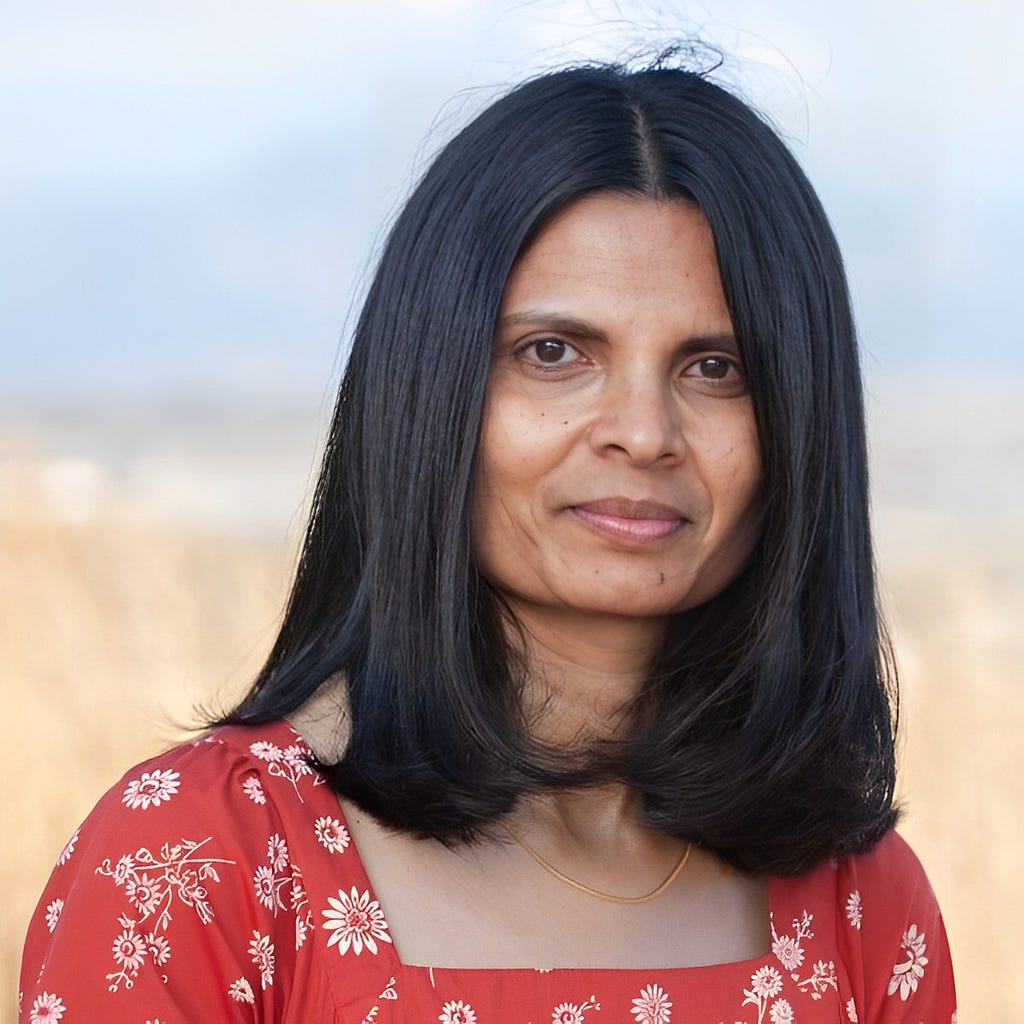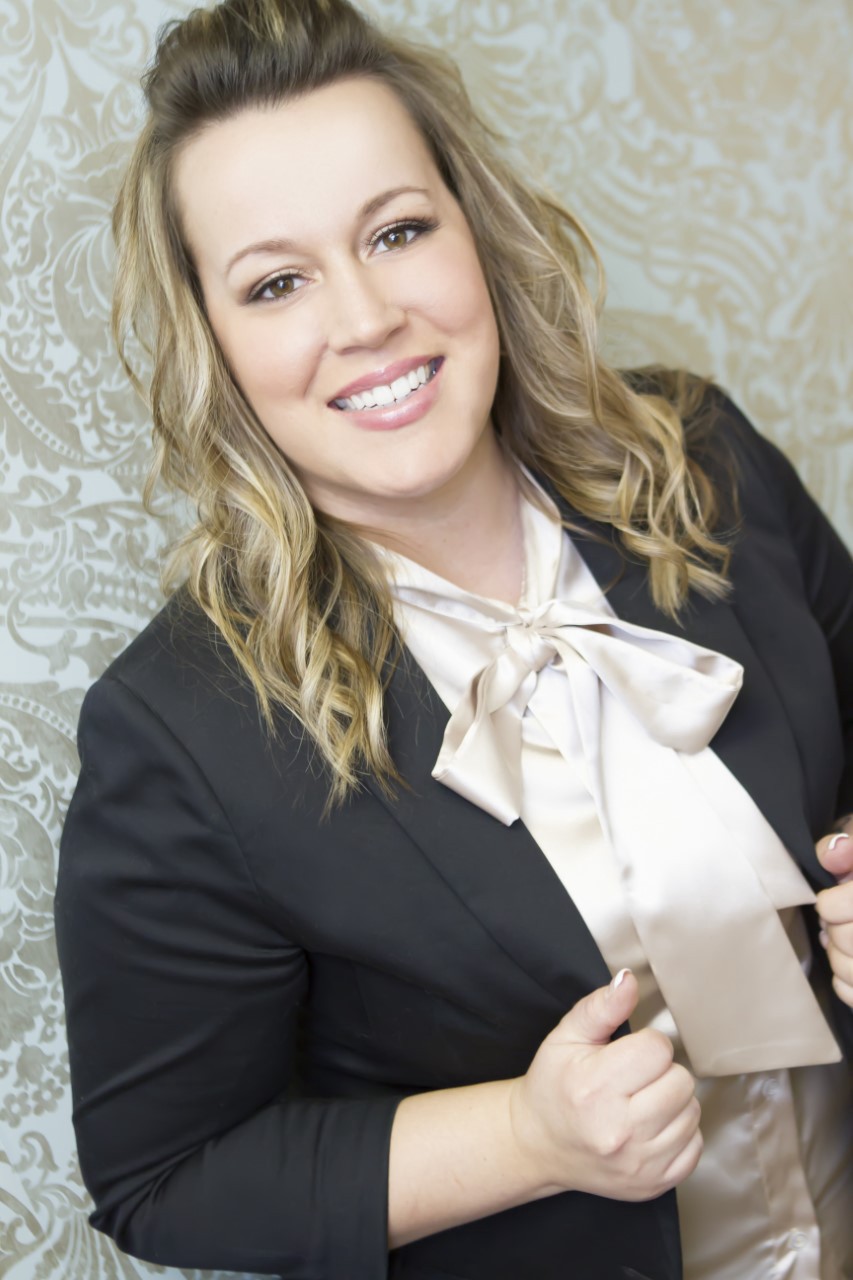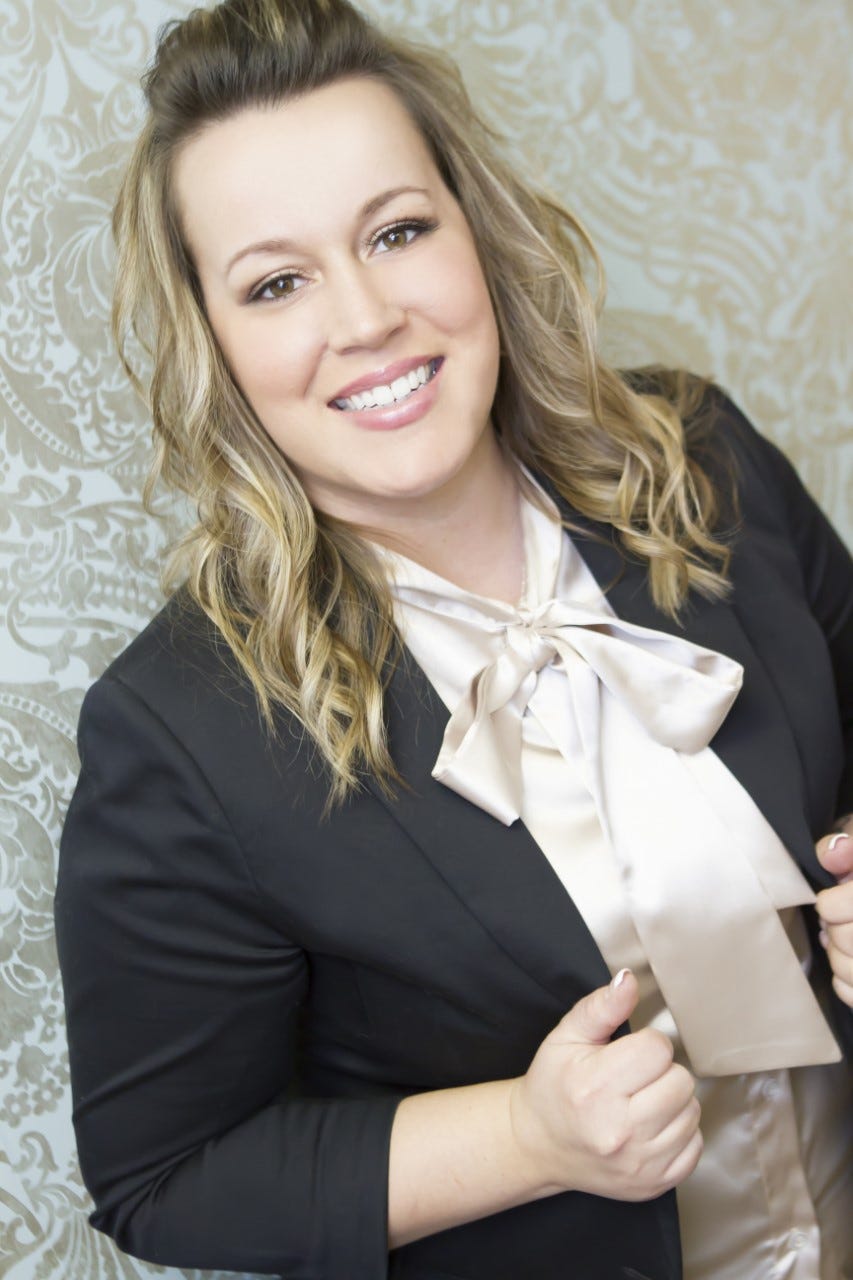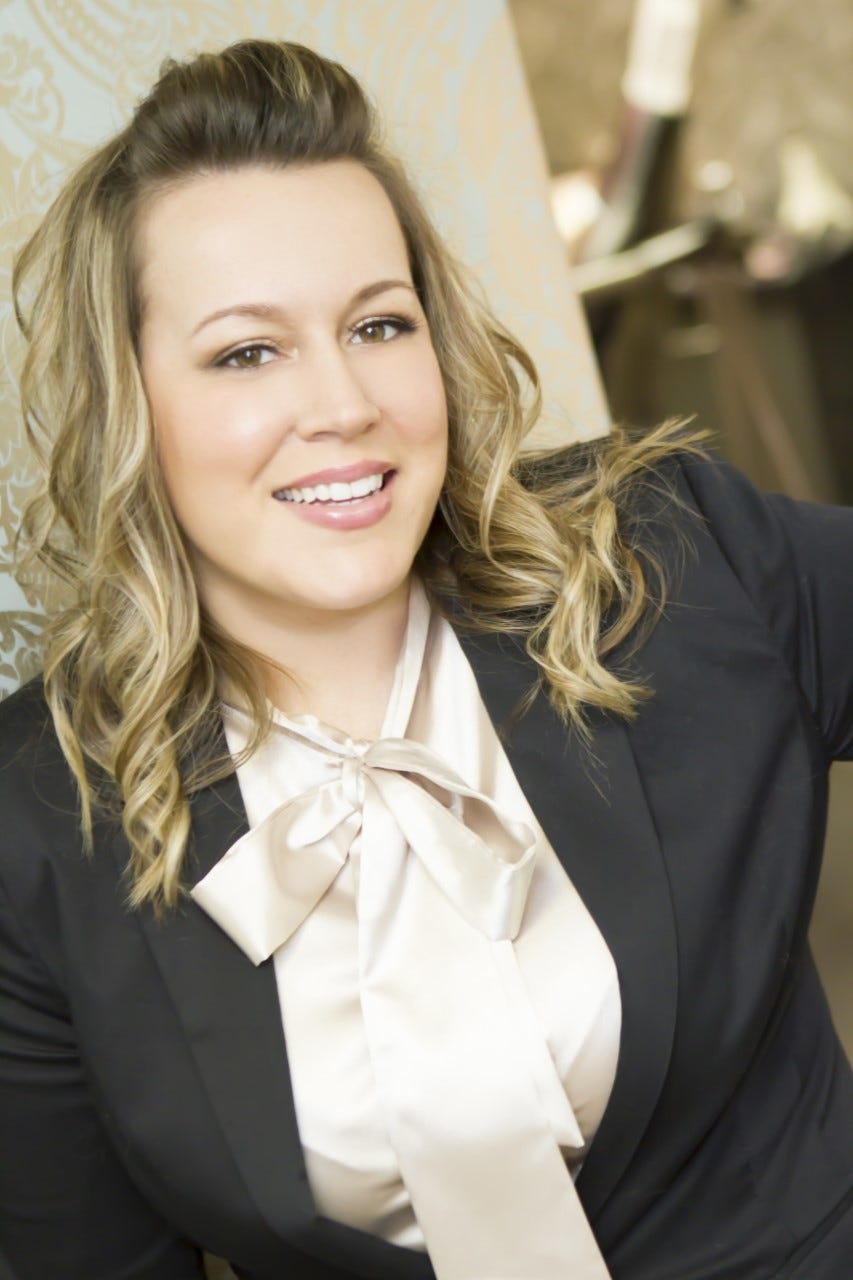An Interview With Candice Georgiadis
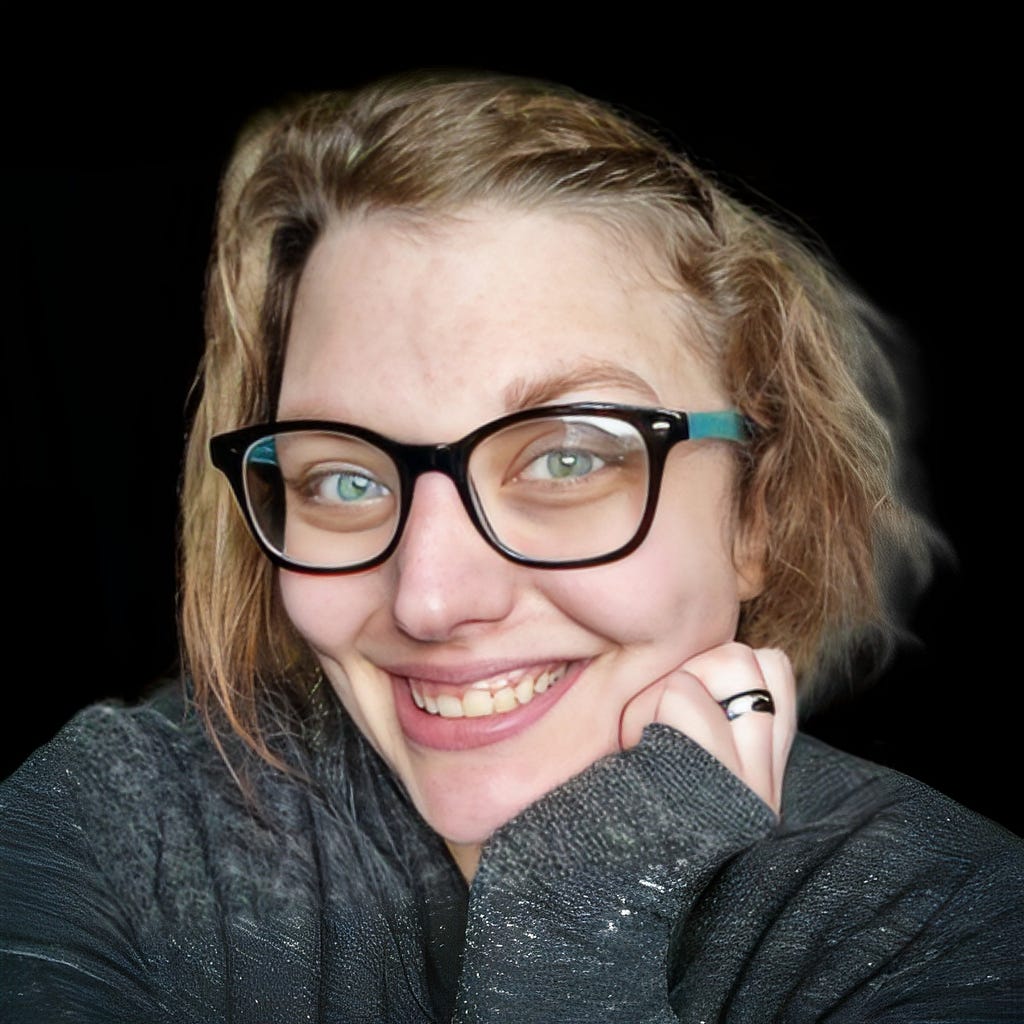
Never stop positive manifestation- As humans, we are the makers of our own destinies. You want to shoot for the stars, and understand even if you fall, you will still land amongst the stars. You speak out what you want OUTLOUD multiple times- and you get your headspace into the realm of focusing on saying “I am going to achieve” “I am going to get” etc and you watch it happen- I promise this works — I have done this as a jobseeker, as a person in court — and as someone who has always been told I couldn’t do it- I believe in ALL of you!
As a part of our series about “dreamers who ignored the naysayers and did what others said was impossible”, I had the pleasure of interviewing Arwyn Swanger.
Arwyn Swanger is a Neurodiverse and Autistic mental health warrior, a fighter who has overcome adversity hurdles and who has found her purpose in life by helping empower others, advocating for #Disabilityinclusion and for survivors of Domestic violence. Arwyn is a Senior Tech Recruiter with Ultranauts Inc, a company that is founded on the principles of Inclusive hiring from the start, and Universal hiring practices. Arwyn provides public speaking for Neurodiversity, Autism, Disability Inclusion and for survivors of Domestic Violence, sexual assault and Mental health.
Thank you so much for joining us! Our readers would love to get to know you a bit better. Can you tell us your backstory?
My story is unlike anyone else’s that you will meet. I was born to a mother who was a teenage parent with significant mental health issues and a dad who was a veteran in the military and had unresolved trauma from his childhood. My parents never should have married- they were like Oil, and water. My birth mother is someone who is unable to be alone- her value equates to who she is with, and what he will do for her. She turned a blind eye for years to the abuse that was happening within multiple households including sexual assault and molestation. I always knew I was different, but I was born to a person who didn’t want a label on me, which resulted in getting less help. School was a struggle, friendships and relationships were toxic.I went through 28 years of Domestic violence, sexual assault and rape starting at 6 years old. The last person to rape me was my ex husband- March 20th, 2021 is a night I will never be able to forget. I have had to overcome homelessness, discrimination, abuse, alcohol abuse all while being Neurodiverse, Autistic and a mental health warrior.
Are you working on any new or exciting projects now? How do you think that will help people?
I am currently working on helping Jobseekers optimize their resumes by offering resume refreshes on special pricing written by me, a professional resume writer of 15 years. I also offer career strategy and portoflio planning. I have been able to help over 700 people of the years find empowering employment and have a high retention rate. I am also currently looking for Senior Data Quality Analysts for an exciting opporutnity we have at Ultranauts Inc. 🙂
In your opinion, what do you thik makes your company or organization stand out from the crowd?
We are steps ahead of the rest- we are leaders in Universal Hiring practices, and Inclusion from the start. You can read about it here — — https://ultranauts.co/company/
We don’t use ATS systems to just scan, we read EACH and EVERY resume and look at the candidate as a whole. We are a company founded by 2 MIT graduates, and 75% of the company identifies as being Neurodiverse, the majority of us are Autistic.
Has there ever been a time that someone told you something was impossible, but you did it anyway? Can you share the story with us? What was your idea? What was the reaction of the naysayers? And how did you overcome that?
There have been many times over the years I have been told I couldn’t do something, and then proved naysayers wrong- but here are two short examples.
1. Getting pregnant with Oliver- I was told that I would NEVER be able to carry a baby due to underlying health concerns with Endometreosis and Polycystic Ovarian Syndrome. I not only lost 130 pounds, I got pregnant, and over the last two years (Since contracting COVID19 in Feb 2020) have shed over 175 pounds, all while being sober from alochol (over a year) and overcoming a divorce, multiple moves and job changes.
2. I was told that no one would care about me or what I have been through by someone who had a large following on LinkedIn. I proved her wrong by putting myself out there with orignial content where I talked about things that most people do not on LinkedIn i.e. overcoming abuse, trauma, rape, assault etc. I started showing up as myself, and being authentic with a message to help others. In the last year, I have grown a following of over 4700 and talk regularly with people about overcoming obstacles in their lives. I overcame this by putting her voice in the back of my mind- I told myself not to listen to her hate, and to prove her wrong by doing exactly what I wanted to do- starting a discussion about harder to talk about topics.
Did you have any experiences growing up that have contributed to building your resilenicency? Can you share the story with us?
When I was 6 years old, I was raped by an older teenager who was 16 and I was friends with his brother. I bottled up what had happened as I was still learning about myself and my body, when I was introduced to Jimmy- an abusive, child molestor and horrible human being. For 7 years I was forced to call him dad, sexually abused (molested, touched, told I was “fuckable” when I was 13) and he would constantly grope me. He used physical violence to cause harm and would make an excuse that it was the “Armys” fault. Shortly after my birth mother left him, she got with another child molestor and abuser Mark, who was just as bad as Jimmy. When I met my ex husband, I was blinded by his mistreatement and the way he allowed others to treat me that I lost myself for a long time. It wasn’t until the last 2 years that I have been able to find my voice. By the time I found my voice, it was 28 years of torture and abuse- and it’s something that has caused horrible night terrors.
Based on your experience, can you share 5 strategies that people can use to harness the sense of tenacity and what naysayers think is impossible. (Please share a story or an example for each)
1. Just because someone says you aren’t “strong, smart enough, or good enough”- doesn’t mean this is true. This is the time you hold us your middle finger like a flag, and say “not today Satan- I WILL do this against all odds”- Example above (when I got pregnant with Oliver)
2. Turn off all the unneccesary noise- this means ignore when people use words like “can’t”, “unable” to “I can” and “I will”.- When I went through the divorce, I was told that I couldn’t be a parent to my child. I told the courts to watch me- and I have done just that, while continuing to fight for my son, and my rights as a mom.
3. Just because you get a “rejection” doesn’t mean it’s over for you- instead, create an action plan and surround yourself with people who are aligned with the same values, believes, mission etc that you are, and plot ways to turn that rejection into an acception- this means upskilling, asking questions and asking for feedback.
4. Don’t stop dreaming for what you want- No one else defines your worth, your value or your acheievements- show all the people who have silenced you, doubted you or told you that it was impossible that it is possible and how strong you are.
5. Never stop positive manifestation- As humans, we are the makers of our own destinies. You want to shoot for the stars, and understand even if you fall, you will still land amongst the stars. You speak out what you want OUTLOUD multiple times- and you get your headspace into the realm of focusing on saying “I am going to achieve” “I am going to get” etc and you watch it happen- I promise this works — I have done this as a jobseeker, as a person in court — and as someone who has always been told I couldn’t do it- I believe in ALL of you!
None of us are able to achieve success without some help along the way. Is there a particular person who you are grateful towards who helped get you to where you are? Can you share a story about that?
When I think of who has helped me get to where I am, there are three people that I will say have had the greatest impact on me. These people include my partner and best friend Shayne, my son who just turned 4 and is named Oliver, and my friend, and a bonus big brother, Dan Roth.
My boyfriend Shayne and I got together in April of 2021, after my tumultuous marriage with my ex-husband who I will name “Satan” in this context had decided to divorce, following being raped under the influence of alcohol in front of my son who was co-sleeping with me at the time. My partner has overcame a lot in his life, including a rare seizure disorder caused by a buildup of scar tissue and his own trauma with abuse. When I met him, he saved me from myself- I was truly my own worst enemy, at the height of my drinking to cover up the pain that I had felt. We battled homelessness together, and then through hard work, overcame a miscarriage last November, multiple moves all over the state of WA, Montana and now North Dakota. If you have ever heard of the “Underground Railroad” that helps victims of Domestic violence- that is what we experienced. At the same time I had a miscarriage, I was in the height of the divorce, and was ripped apart in court for being LGBTQIA+, Neurodiverse, Autistic, and had mental health as a reason I was unable to parent, and my son was given to my rapist who never was charged with his crime. We are finally in a spot where I am able to fight back harder, and get the justice that is much overdue.
My son helped me as he is also Neurodiverse like I am- he is truly my mini, my miracle baby and the biggest blessing that I have ever asked for.
Lastly, my friend and mentor Dan Roth. Dan and I met a year ago on Linkedin after I was fired due to my disabilities from a previous employer. Dan shared about being Neurodiverse and that it was okay to talk about. He gave me strength, and after a year, I have been able to build up a great friendship with Dan, and typically catch up with him over messaging once a week. Dan has never given up on me- and has encouraged me to show up as I am over the last year. He is not only a bonus big brother, he is a friend for life, and someone I know who will always have my back.
What is your favorite quote or personal philogosyphy that relates to the concept of resilience?
“Success is not final. Failure is not fatal: It is the courage to continue that counts”- Winston Churchill
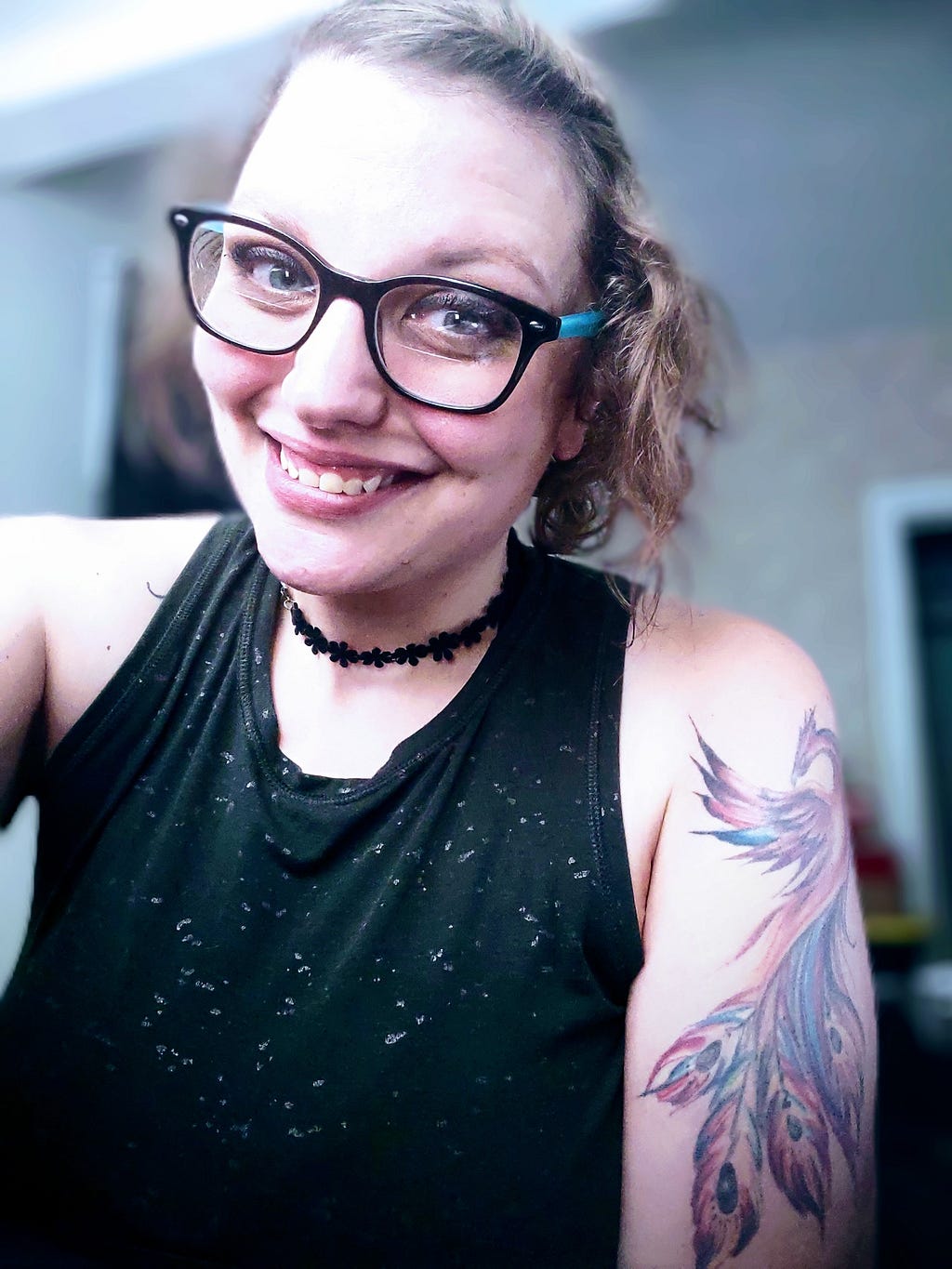
You are a person of great influence. If you could inspire a movement that would bring the most amount of good for the greatest number of people, what would that be? You never know what your idea can trigger.
I want to help other single moms and dads who have faced open discrimination in the court systems fight back for their rights to parent their children. A disability does not define your ability to parent. My story is not just the only one out there- but it is one you will hear of often as I use my voice as a positive platform to help others. I also want to be able to fight for Spousal rape to be recognized, and that crimes against a person with a disability should be a priority instead of sweeping it under the rug.
Can our readers follow you on social media?
Yes they can! Find me on LinkedIn- https://www.linkedin.com/in/iamarwyn/
Thank you for these great stories. We wish you only continued success!
“They Told Me It Was Impossible And I Did It Anyway”, With Arwyn Swanger of Ultranauts was originally published in Authority Magazine on Medium, where people are continuing the conversation by highlighting and responding to this story.

